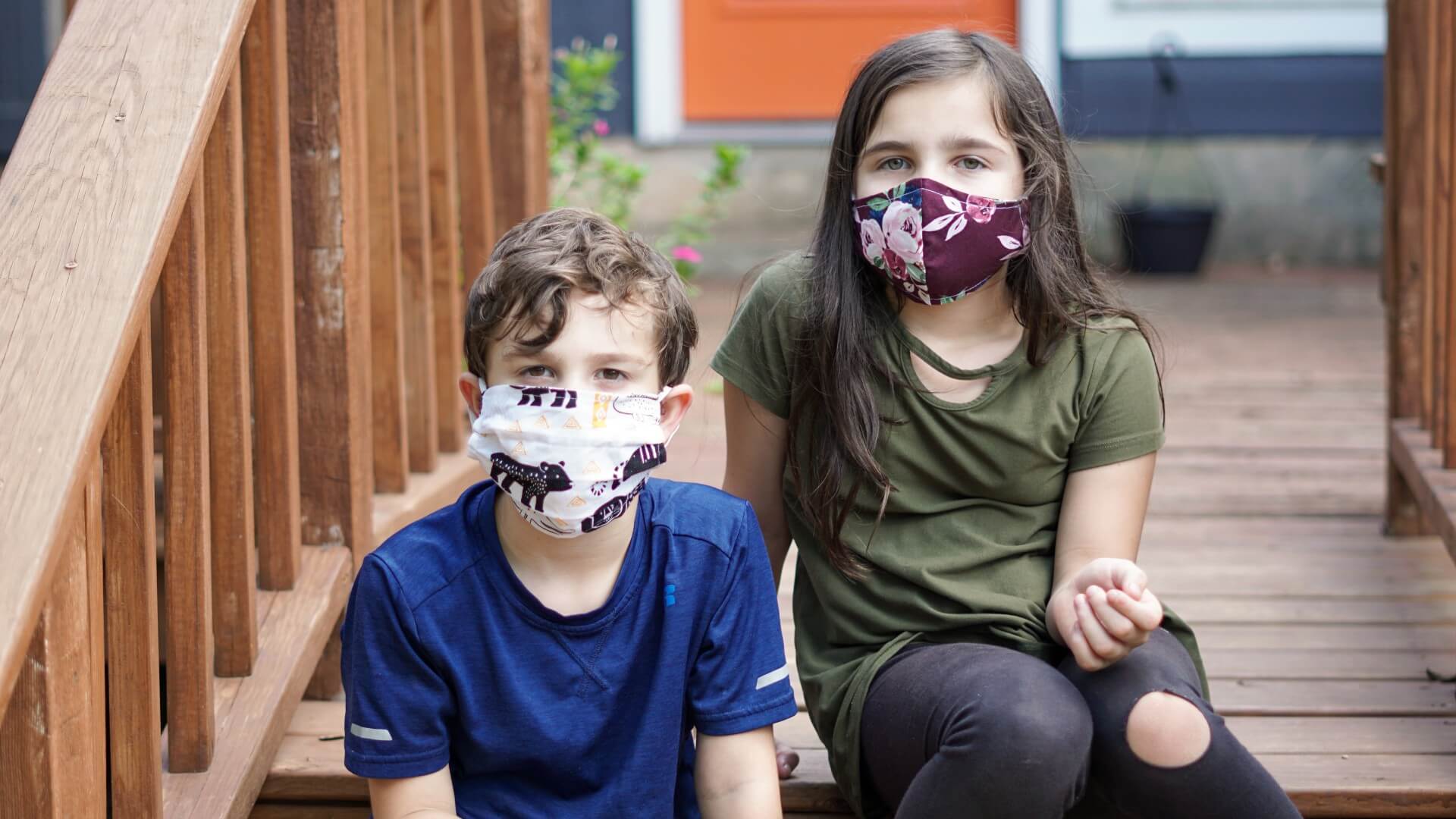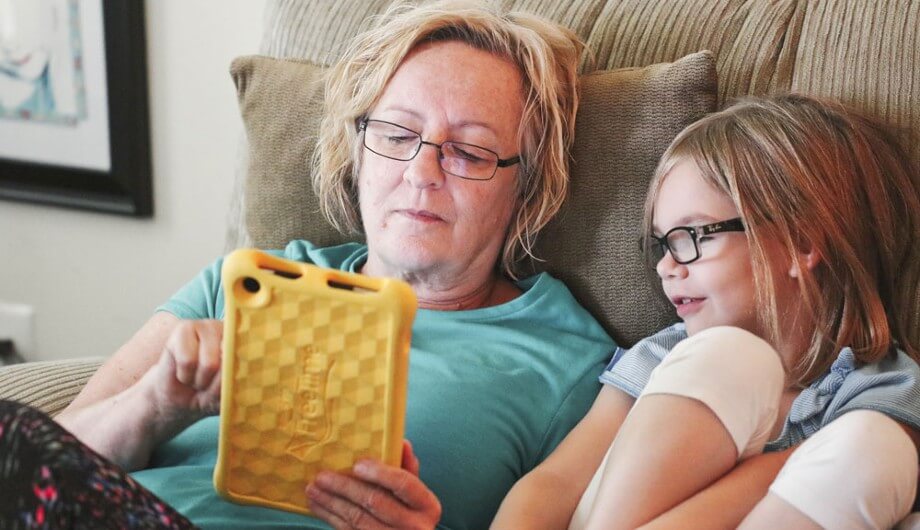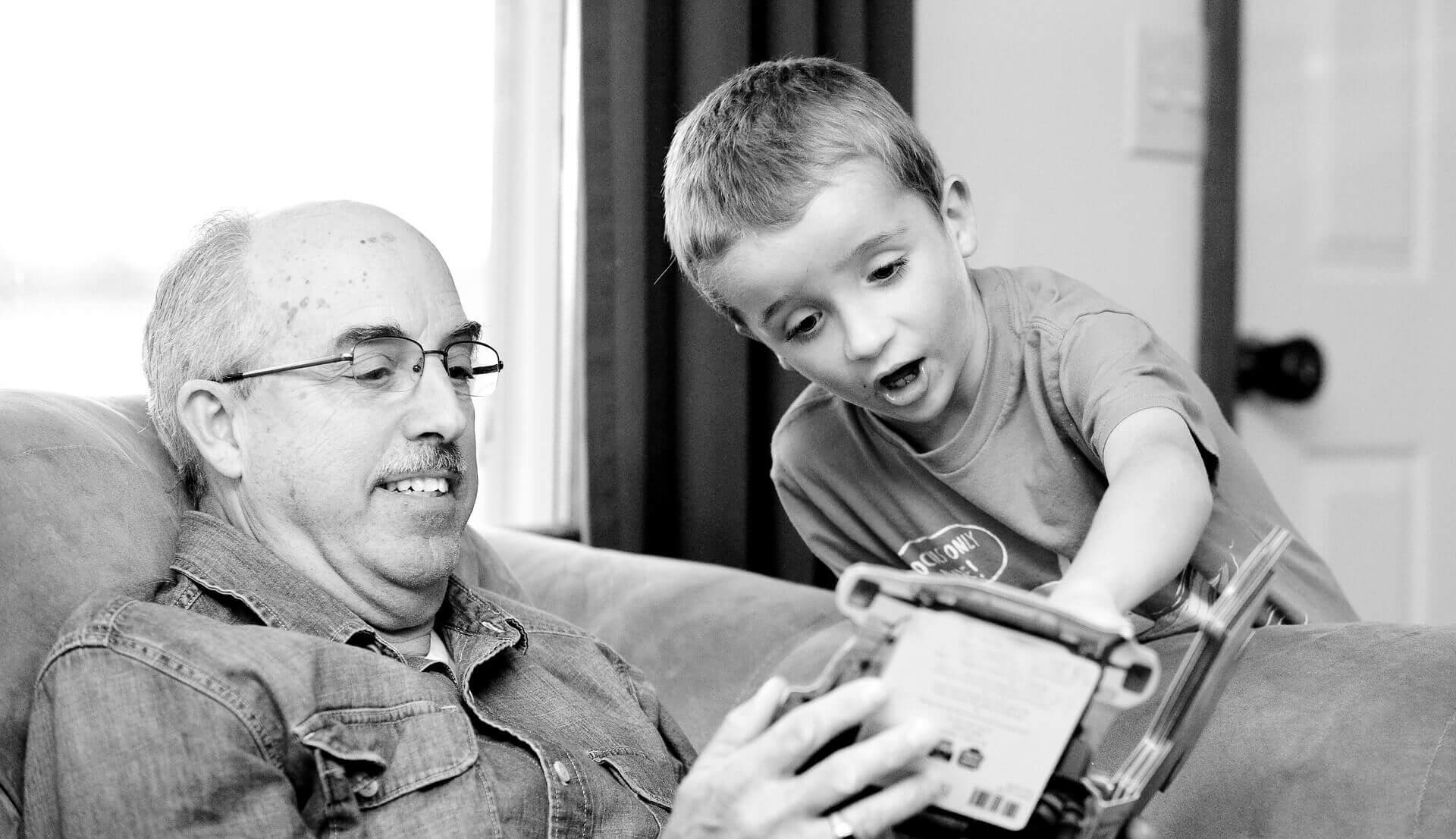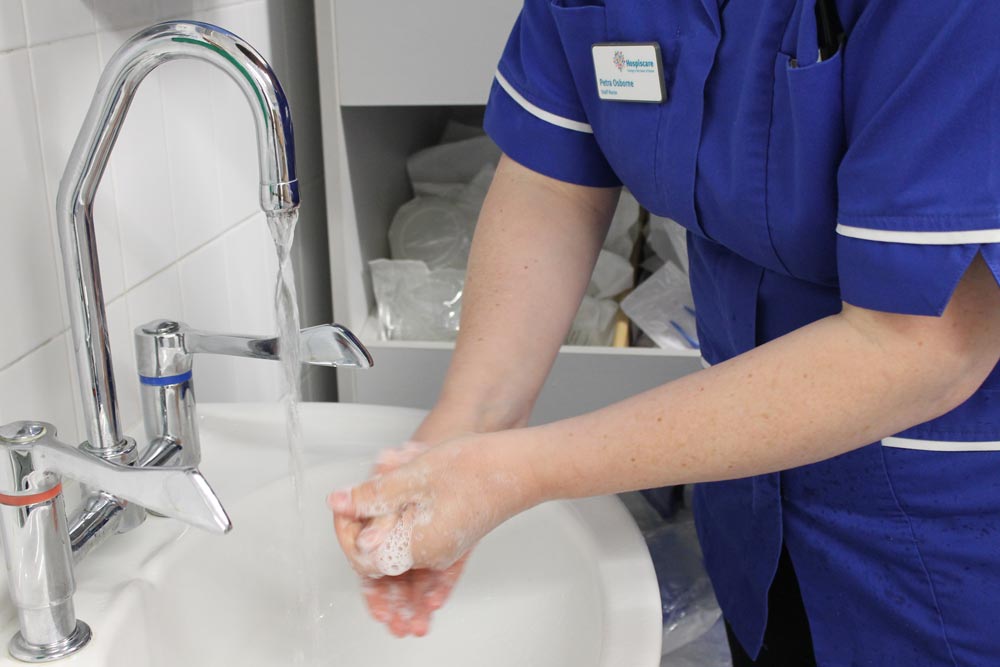When it comes to coronavirus, you might have your own concerns that make it feel harder to tackle the subject with your children.
But the more kids understand, and the more they feel able to talk about their feelings, the better equipped they are to deal with the situation.
What can I say?
Find out what they understand
Start the conversation and ask your children what they understand about what is going on at the moment. It will help you find out if they are getting the wrong information from somewhere.
Follow your child’s lead but be aware that just because they are not talking about it, doesn’t mean they are not worried.
You don’t have to cover everything in one conversation but keep checking in and provide opportunities to ask questions.
Don’t pretend everything is ok when it isn’t. It may stop them asking questions and talking to you in the future.
TOP TIP: You might find ‘Piperpotamus learns about coronavirus’, a new children’s book by Annis Watts, a medical student at the University of Exeter, a useful starting point for opening up the conversation. The ebook is available to download for free by clicking here.
Be honest and open
They might ask you questions you do not know the answer to. Say so. Look to the Government websites if you want to make sure you are looking at the most up-to-date and appropriate information.
Explain that it is serious but that is why the steps are being taken to try and make sure as few people get sick as possible.
Let them know you are worried too but you are doing everything that is recommended to keep them safe.
Be mindful about what they are accessing online and how much exposure they have to information.
They will learn about how to cope with distress and uncertainty from you
Children’s adjustment is largely dependent on how their parents/care givers/adults around them adjust.
Try not to tell them not to worry; if they feel worried, they should express this. Help them to deal with that feeling of uncertainty. Share with them strategies that you use to deal with those feelings.
Children benefit from knowing you have similar concerns and need to learn how to deal with troubling or distressing feelings. We need to model coping techniques. Provide appropriate reassurance and don’t minimise their concerns.
Children might also pick up on things you are worried about that are primarily the concerns of adults (e.g. financial/job uncertainty at this time). Try and have these conversations away from children if at all possible. Focus on what you can provide.

What can I do?
- Establish a predictable routine at home
- Encourage hobbies that allow them to be distracted
- Encourage exercise at home, relaxation techniques and mindfulness
- Work through the Government guidance together
You could get your children to teach you about hand washing and what they have learnt in school. Let them help you come up with ways that you could change your routines so you wash your hands more often. Be a good role model and let your children see you washing your hands as well.
Reassure them that steps are being taken by everybody to “do their bit” to try and make sure the doctors and nurses can help the people who are really sick.
Let them keep in touch with relatives and friends virtually
Not only will they enjoy talking to their friends and family, but it will also be reassuring to see they are not the only ones following the recommendations.
Keep checking in
The news is changing all the time; we are reacting all the time and they will be picking up on that. Keep talking.





